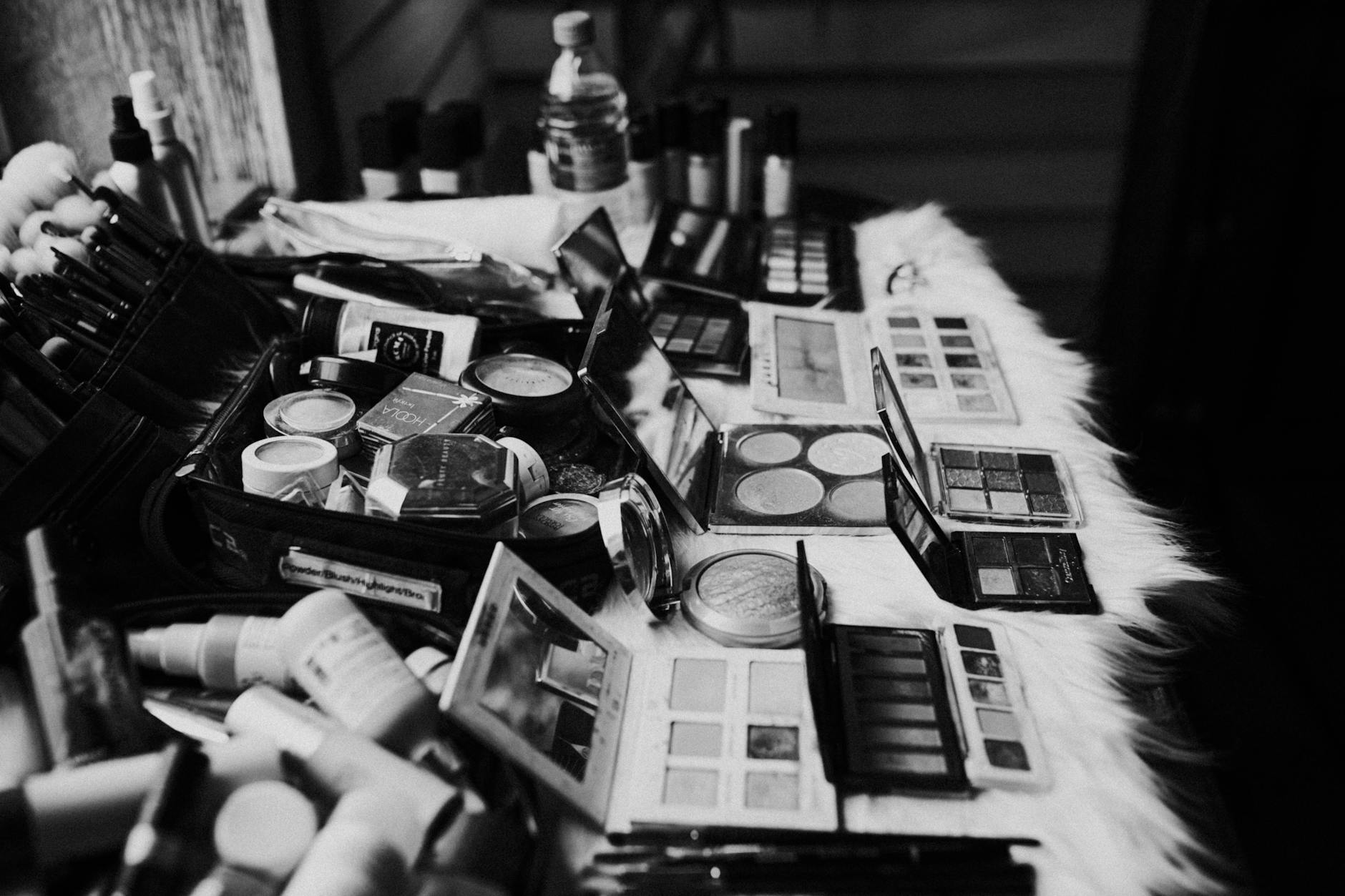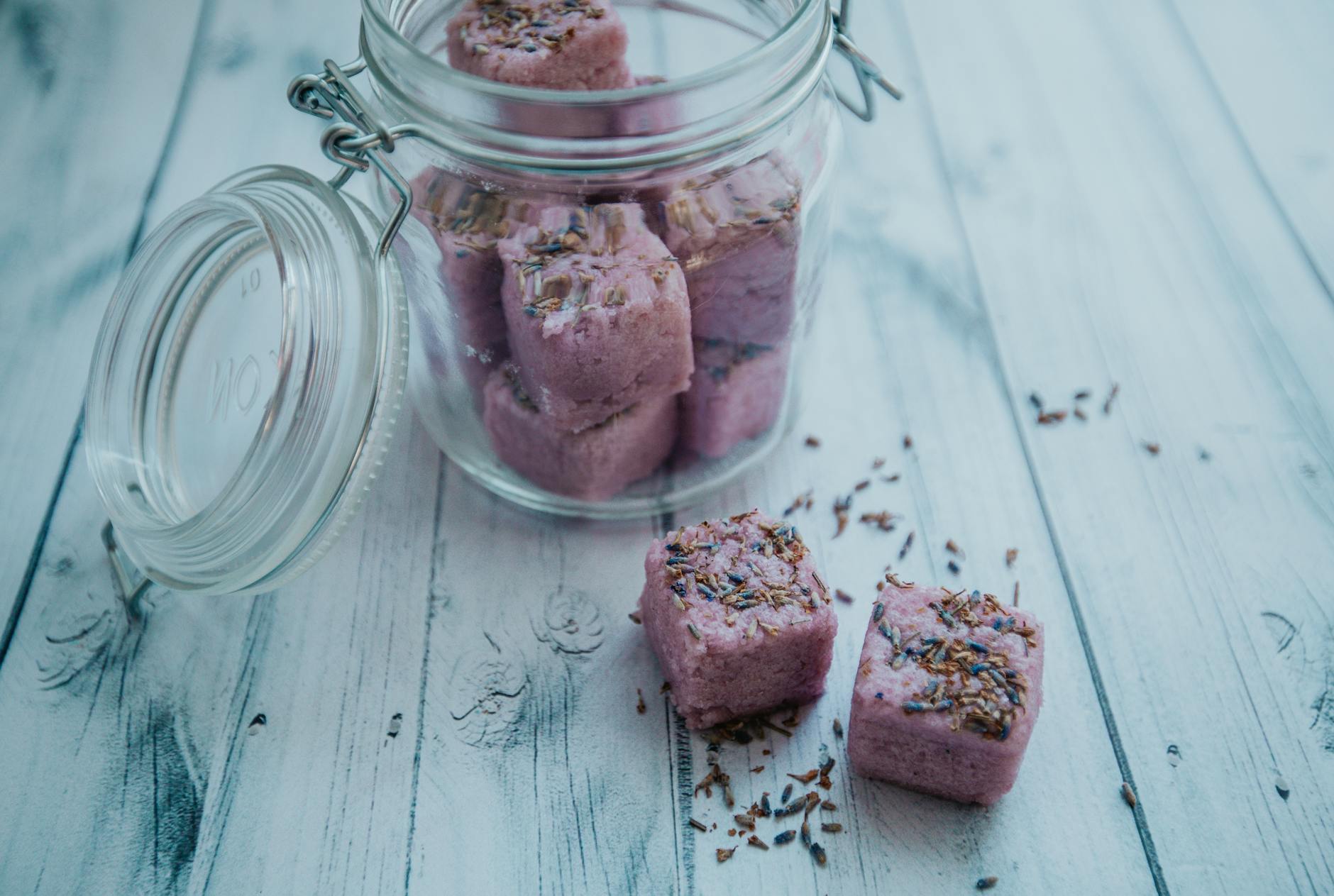Why Skincare Trends Are Shifting in Australia

Eco-Conscious Consumer Trends
In recent years, a remarkable shift has taken place in the preferences of skincare enthusiasts, with many gravitating towards more eco-conscious choices. As a dermatologist based in Melbourne, I often see this trend reflected in my consultations, held just a stone's throw away from the Royal Melbourne Hospital. The evolution in this market is driven by a combination of factors, including an increased awareness of environmental issues and a desire for products that align with these values.
Green packaging has become a prominent aspect of the industry. Consumers are actively seeking products whose packaging is either recyclable or biodegradable, minimizing negative environmental impact. This shift impacts major cosmetic brands and smaller, boutique skincare lines equally.
Furthermore, the incorporation of natural ingredients into skincare products is on the rise. Brands are prioritizing formulations that are derived from sustainably sourced botanicals, offering not only ecological benefits but also meeting consumer demand for purer compositions. The allure of natural elements is evident in everything from organic chanel makeup to vegan-friendly guerlain formulations.
Lastly, transparency is now an expectation rather than a luxury. Consumers want detailed information about sourcing, production, and the environmental footprint of their favourite skin care products. This demand for transparency is pressuring companies to provide full disclosure of their environmental practices, impacting decisions at every level of production.
Together, these trends indicate a transformative direction in skincare, reshaping industry practices towards a more sustainable future.
Innovative Sustainable Practices
Recycling Initiatives
Recycling in the beauty industry transcends traditional paper and plastic efforts, focusing on a holistic approach to reduce environmental impact. Brands are increasingly advocating for closed-loop systems, where used packaging is returned, processed, and reincorporated into new products. An example of this is evident in certain skincare boutiques in Carlton, which actively promote recycling programs. These initiatives are not merely confined to packaging but extend to making the entire product lifecycle sustainable. Tools and products, such as nail polish bottles, are designed to be easily disassembled, facilitating straightforward recycling processes.
Water Conservation in Production
Water conservation is swiftly becoming a cornerstone of sustainable practices within the beauty industry. OEMs are innovating with waterless formulations that significantly reduce usage without sacrificing product efficacy. In Melbourne, local brands have started utilising atmospheric water generators, turning ambient humidity into water to minimise freshwater dependency. This innovative approach not only preserves this valuable resource but also offers medik8 skincare enthusiasts products without dilution, delivering concentrated benefits while remaining environmentally responsible.
Renewable Energy Utilization
Embracing renewable energy sources is a pivotal step towards achieving sustainability in cosmetics manufacturing. Many forward-thinking companies are integrating solar panels and wind turbines into their production facilities. This transition cuts down carbon footprints considerably and aligns with a global shift towards cleaner energy sources. Influential brands, such as anastasia beverly hills, are setting benchmarks by pledging to power their factories entirely with renewable energy. Through these initiatives, the industry reshapes itself, leveraging technological advancements to address environmental challenges effectively.
Regulatory Influences
Australian Government Policies
In Australia, the government plays a crucial role in moulding the sustainability landscape of the beauty industry. As a nation committed to environmental stewardship, key regulatory measures are in place to encourage sustainable practices. Legislations like the Product Stewardship Act are pivotal, pushing brands to rethink their waste management and recycling initiatives. This act aims to minimise the environmental impact of products, including makeup products, urging companies to incorporate recycled materials into their packaging and production processes. In doing so, brands align with governmental objectives to foster a more sustainable future.
Industry Self-Regulations
Beyond government directives, industry self-regulation has emerged as a significant influence. Many brands understand the importance of reducing their ecological footprint and have taken proactive measures. Implementing eco-friendly production processes and establishing ethical sourcing policies are steps some companies have already embraced. The Australian beauty sector has seen leaders voluntarily adopt practices that exceed standard requirements, focusing on sustainability as a core value. For instance, skincare brands like elemis are increasingly seeking certifications that vouch for their ethical practices and contribution to environmental sustainability.
Global Standards Impact
The beauty industry in Australia also faces pressures from global sustainability standards. International benchmarks often guide local practices, compelling Australian businesses to adopt internationally recognised eco-friendly methodologies. As consumers become more aware, the expectation for global compliance in areas like carbon footprint reduction and sustainable sourcing becomes evident. For businesses, aligning with these global standards is not only a commitment to environmental consciousness but also a strategic move to enhance their market presence both locally and internationally.
Technological Advancements
Biodegradable Solutions
In the rapidly evolving world of sustainable skincare, biodegradable solutions have emerged as a crucial area of innovation. Employing materials that break down naturally without harming the environment addresses a significant concern for eco-conscious individuals. Brands like Clinique and Elizabeth Arden have been exploring more biodegradable packaging and product formulations, reducing their environmental footprint.
The development of biodegradable ingredients and packaging is no small feat. These advancements require meticulous research and a deep understanding of environmental science, linking chemistry and engineering to achieve viable solutions. Implementing polymers derived from natural sources, such as seaweed and cornstarch, is one example of this effort. When considering the entire product lifecycle, these materials can significantly diminish the waste traditionally associated with skincare products.
Digital Product Transparency
Transparency through digital platforms is becoming increasingly preferred by consumers who are keen to understand what they are putting on their skin. With the integration of digital tools, brands can showcase their commitment to sustainable practices effectively. This shift towards digital transparency involves the use of QR codes on packaging, leading consumers to detailed product information online, including ingredient sourcing, production methods, and sustainability initiatives.
These methods encourage accountability and allow brands to build trust with their customers by sharing factual, detailed backgrounds of their offerings. In turn, consumers can make better-informed decisions regarding their skincare purchases, aligning with their personal values around sustainability and environmental impact.
Sustainable Supply Chain Tech
Technological advancements are reshaping supply chains to be more eco-friendly, a crucial improvement for sustainable skincare. Implementing new technologies like blockchain provides consumers with an overview of the entire supply chain, from raw materials to the final product. These innovations ensure that every step of the process supports ethical and sustainable practices, becoming an integral part of achieving broader industry transparency goals.
Challenges and Resolutions in Sustainable Practices
Balancing Quality and Sustainability
In our dermatological journey towards a sustainable future, one of the most intricate challenges is maintaining the calibre of skincare products while adhering to eco-friendly practices. Many formulations strive to be gentle on both the skin and the environment by eschewing harsh chemicals and incorporating natural ingredients. I have witnessed numerous skincare brands within Melbourne's Block Arcade successfully tread this line, offering luxurious products that satisfy environmental and consumer demands. It's essential to consult with a skincare professional to identify formulas that achieve this balance without compromising effectiveness.
Overcoming Consumer Skepticism
Consumer scepticism is a legitimate hurdle, given the prevalence of greenwashing. Patients often voice concerns about the authenticity of "eco-friendly" claims during consultations at the Royal Melbourne Hospital. To address this, it's critical to demand transparency from brands and look for certifications that verify claims. Engaging with skincare boutiques in Carlton, known for their authentic and transparent product offerings, may also reassure those seeking genuinely sustainable solutions. Transparency in ingredient sourcing and overall production practices helps bridge the trust gap.
Adapting to Regulatory Changes
The evolving landscape of regulatory standards continues to pose challenges to both consumers and manufacturers. As the Australian Government enacts policies and aligns with global standards, products must continuously adapt to meet these benchmarks. I advocate for staying informed about these changes to make informed decisions, ensuring that the skincare products you choose adhere to the latest sustainability regulations. This ongoing adaptation ensures a commitment not just to skin health but to an overall responsible and sustainable lifestyle.


